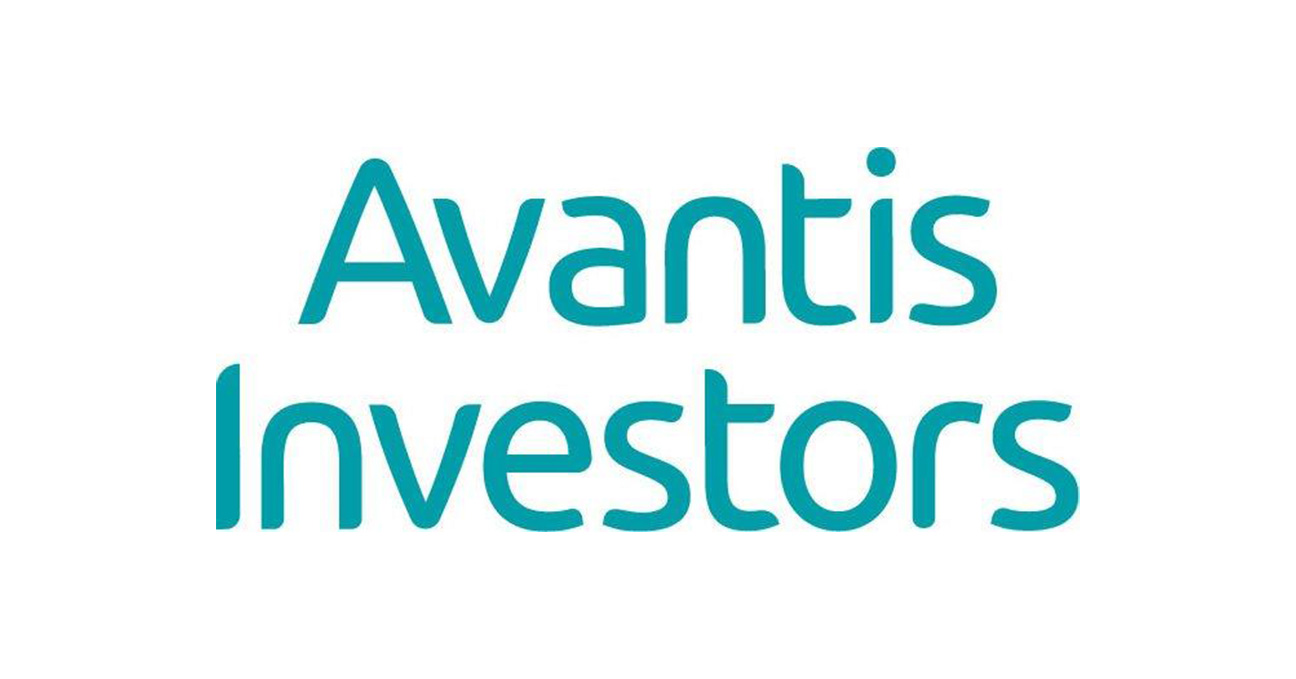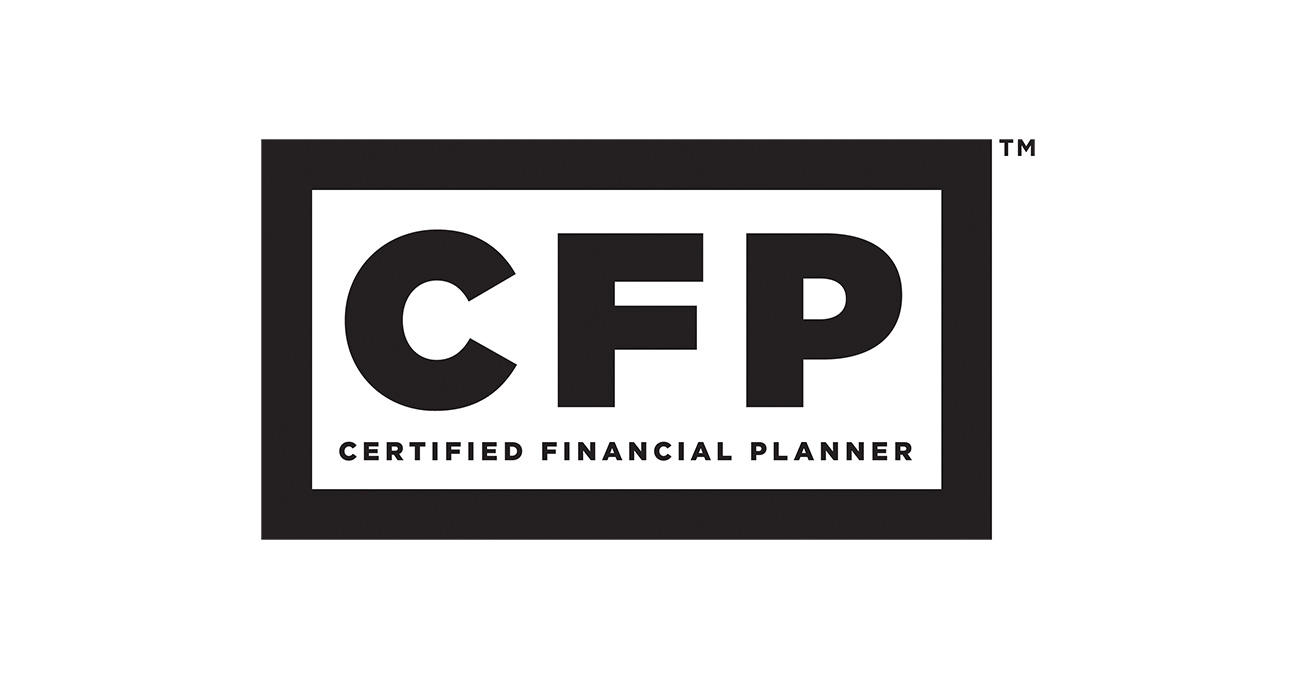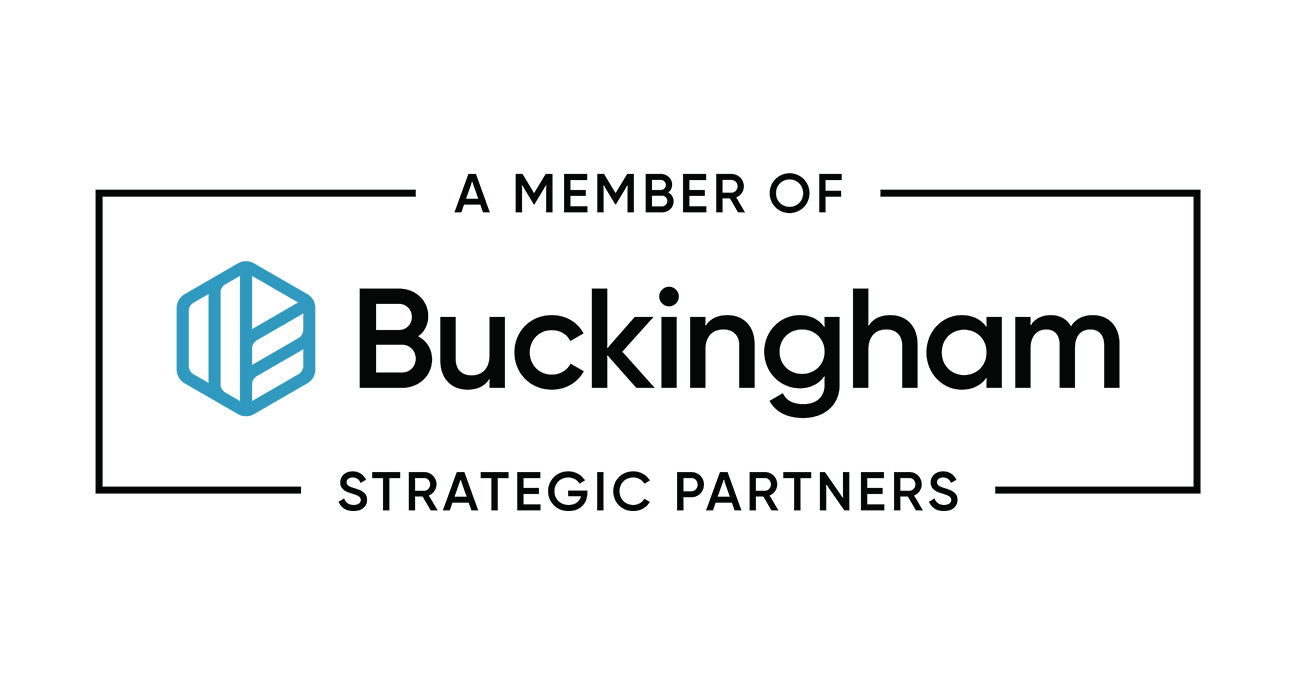Working with a qualified financial advisor is a smart move when managing your finances and planning for the future. What if your advisor has two highly respected certifications?
A financial advisor with CPA and CFP certifications brings a valuable blend of skills, offering comprehensive financial guidance.
Here’s how a dual credentialed financial advisor can help you.
Accounting and Taxes
CPAs have extensive accounting principles, tax strategies, and financial reporting knowledge. They have undergone rigorous training and testing to earn this prestigious designation.
When you work with a CPA, you gain access to their understanding of tax laws and strategies, which can help you minimize your tax liabilities and maximize your financial resources.
They can navigate complex tax codes, identify deductions and credits you may be eligible for, and develop tax-efficient strategies for your investments and business ventures.
Comprehensive Financial Planning
CFPs® focus on comprehensive financial planning, including investment management, retirement planning, estate planning, and risk management. They adhere to strict ethical standards and prioritize your best interests. They take a holistic approach and develop strategies that align with your short-term and long-term goals.
Integrated Financial Strategies
One key benefit of working with a CPA and CFP financial advisor is their ability to integrate various financial strategies seamlessly. They can combine their accounting, tax, and financial planning knowledge to create a cohesive plan that addresses all aspects of your financial life.
They can help you structure your investments tax-efficiently, optimize your retirement savings, and develop an estate plan that minimizes tax liabilities for your beneficiaries.
They can help you make informed decisions and maximize your wealth potential by considering the interplay between different financial areas.
Personalized, Data-Driven Advice
Another significant advantage of partnering with a CPA and CFP financial advisor is their commitment to providing personalized, data-driven advice. They take the time to understand your unique financial situation, goals, and risk tolerance.
With their extensive financial analysis and reporting knowledge, they can dive deep into your financial data, identify trends and opportunities, and craft strategies tailored to your specific needs. They may use sophisticated financial modeling tools and techniques to create detailed projections and scenario analyses, helping you make informed decisions based on solid data and insights.
Navigating Life’s Milestones
Whether you’re getting married, starting a family, buying a home, or approaching retirement, a CPA and CFP financial advisor can guide you through these transitions. They can help you adjust your financial plan to accommodate changing circumstances, develop savings and investment strategies for significant purchases, and ensure you’re on track to meet your long-term goals.
Investment Management
A CPA and CFP financial advisor brings knowledge and experience to investing issues.
They can help you build a diversified investment portfolio that aligns with your risk tolerance, time horizon, and financial objectives. They stay current with market trends, economic indicators, and investment opportunities and can provide ongoing portfolio management to ensure your investments align with your goals.
They can help you navigate market volatility, rebalance your portfolio when necessary, and make strategic adjustments to optimize your returns while managing risk.
Tax Optimization Strategies
One key advantage of working with a CPA financial advisor is their ability to develop tax optimization strategies. They can help you identify tax-saving opportunities, like maximizing deductions, leveraging tax-advantaged accounts, and timing your investments and transactions to minimize tax liabilities.
They can guide you through complex tax situations, like business ownership, real estate investments, or international taxation.
By integrating tax planning into your overall financial strategy, a CPA and CFP financial advisor can help you achieve your financial goals more efficiently.
Retirement Planning
Planning for retirement is a critical aspect of financial planning. A CPA and CFP financial advisor can provide valuable guidance in this area.
They can help you determine your retirement income needs, develop savings and investment strategies to meet them and create a comprehensive retirement plan that considers factors like Social Security, pensions, and healthcare costs. They can also help you navigate the complexities of retirement account distributions, required minimum distributions, and tax implications.
Estate Planning
Estate planning is another area where a CPA and CFP financial advisor can provide significant value. They can help you develop a comprehensive estate plan that protects your assets, minimizes tax liabilities, and fulfills your wishes.
Working with your estate planning counsel, they can guide you through creating a will, establishing trusts, designating beneficiaries, and planning to transfer your business or other assets.
Objectivity and Fiduciary Responsibility
When you work with a CPA and CFP financial advisor, you can trust that they are committed to acting in your best interests. As fiduciaries, they are legally and ethically bound to put your needs first and provide objective advice that aligns with your goals.
They maintain independence from financial products and services, ensuring their recommendations are based on your unique circumstances and not influenced by commissions or other incentives. You can be confident your financial well-being is their top priority.
Final Thoughts
A CPA and CFP financial advisor can be a valuable ally in achieving your financial goals. With their integrated approach, personalized advice, and commitment to your success, they can help you achieve your goals.














